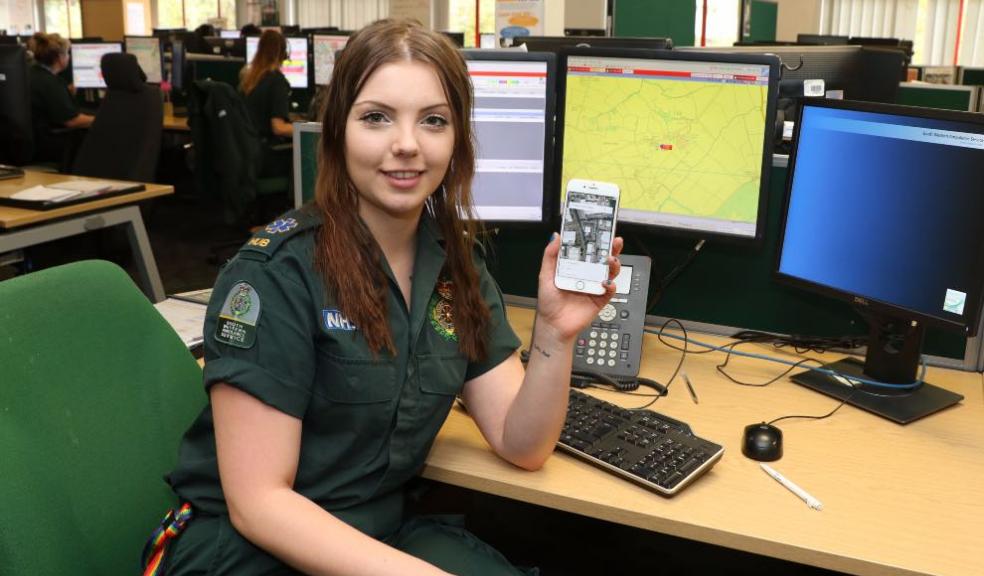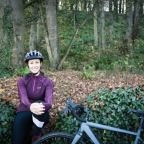
What3words App Saving Lives
Three simple words are helping South Western Ambulance Service NHS Foundation Trust (SWASFT) to find patients - and even save lives.
The what3words app divides the world into 57 trillion squares, each measuring 3m by 3m (10ft by 10ft) and having a unique three-word address such as ‘///slower.civil.twice’.
SWASFT adopted the mobile mapping system in its Control Room earlier this year to locate patients faster and more precisely.
Hundreds of 999 callers are using the free app to pinpoint their exact location, so crews can be sent to the right place.
David Fletcher, Head of SWASFT Clinical Hubs, said: “What3words is helping us to find patients more easily and quickly than ever before.
“Our callers are using it on a daily basis to tell our Control Room staff exactly where they are, so our frontline crews can pinpoint the location of patients in need of emergency care.
“We cover 10,000 square miles, including many rural and remote areas, and we can spend vital time trying to find patients. This system means we can narrow down that search within seconds to a three-square metre area. By having a three-word address we are saving time, resources and lives.”
The what3words map shows callers their exact location with a corresponding three-word address, which they give to the call handler so help can be dispatched to the precise location. It is being used in addition to the existing computer system.
SWASFT is encouraging people to download the app, so they can use it in an emergency.
The app uses GPS signal to identify the user’s current location and provide their three-word address. It means that once the user has the app on their phone, they don’t even need a data signal to obtain their location.
999 Call Handler, Slade Stevens, said: “The app can be downloaded at the click of a button, and can make all the difference in an emergency when every second counts.
“I received a call from someone who was injured in a field, but didn’t know where they were. By using the app we were able to establish exactly where help was needed, so we could send resources straight to the scene.”
The app has been vital in locating patients who have needed emergency help in fields, on moorland, in wooded areas, by the coast and in urban areas.
It has been used in various cases recently including:
Police used the app to tell SWASFT the location of woman who had gone missing. She was treated at the scene in South Devon and taken by ambulance to hospital for further care.
- A man reported a heart problem on the South West Coast Path between Praa Sands and Porthleven in Cornwall. After he was located, a paramedic crew treated and discharged him at the scene.
- A girl was seriously injured after coming off a horse near Wells in Somerset. After she was located, crews treated her and conveyed her to hospital by air ambulance.
- A young man was injured after falling from a bike beside the River Avon near Stoke Bishop, Bristol. An ambulance crew treated him and took him to hospital.
- A person was trapped in an overturned vehicle on a crossroads in the Cotswolds north of Cirencester. Police called SWASFT to give the three-word address which enabled crews to treat and convey the patient to hospital.
- A man had chest pains in a rural location near Chippenham, Wiltshire. Crews treated him and transported him to hospital.
- A woman was injured after falling while rock climbing on the Isle of Portland, Dorset. Despite phone signal problems, the caller was able to provide a three-word address. With help from the coastguard, ambulance crews reached and treated her at the scene. She was conveyed to hospital by air ambulance for further care.
Chris Sheldrick, CEO and Founder of what3words, said: “It's been incredible to see many emergency services like SWASFT using what3words to find people more easily, saving them vital time in critical situations. You never know where exactly you'll be in that moment when you need to call 999, so we encourage everyone to download the free what3words app today to make sure they are ready to find and share their three word address when they might need it most.”
People are reminded only to call 999 when someone is seriously ill or injured, and their life may be at risk.













